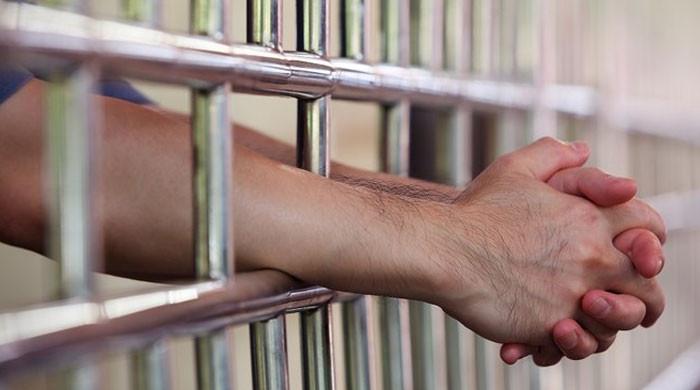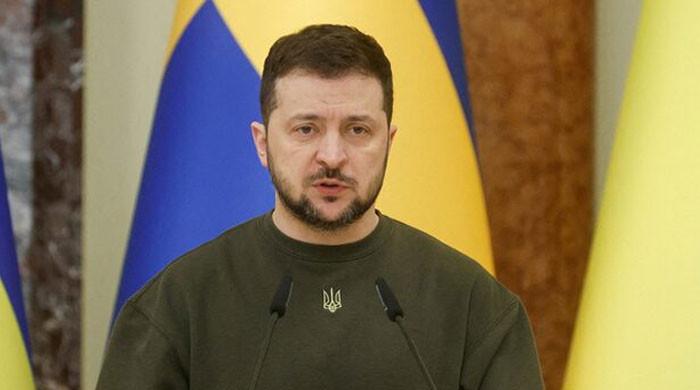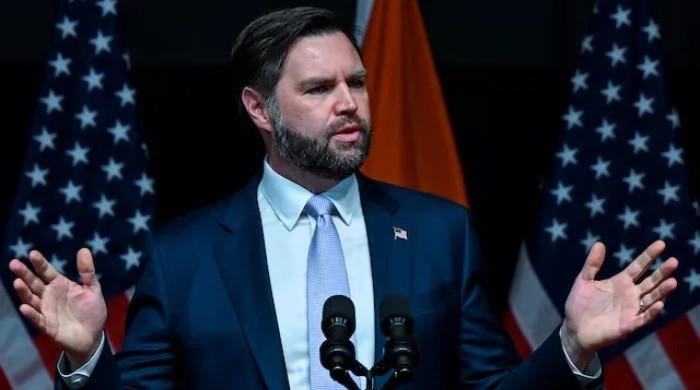WATCH: Is human rights law the best way to fight climate change?
Climate litigation is quickly becoming a powerful tool of climate activism
November 23, 2021
People all over the world are using human rights as the basis to sue governments and multinational companies over climate change, and these people are winning.
In fact, climate litigation is quickly becoming a powerful tool of climate activism.
In 2015, Asghar Leghari, a lawyer in Pakistan, made legal history. He filed a petition with a revolutionary argument that Pakistan’s government was not doing enough to protect its citizens from climate change, which in turn was violating their human rights.
Leghari was surprised by the response to what he said: “was an arrow in the dark”.
The high court agreed with him and directed the administration to set up an advisory committee to ensure action is taken to deal with climate change.
This case “was one of the early cases using the human rights arguments,” Catherine Higham, a policy analyst at the London School of Economics, told DW.
It used the argument “very successfully to convince the court that they do have the jurisdiction and that it is within their power to intervene,” Higham added.
At the same time, an environmental group, Urgenda, had taken the Dutch government to court with a similar argument, that by not lowering emissions faster their government was endangering people’s lives in the future.
The Supreme Court upheld that by 2020 the government should cut greenhouse gas emissions by at least 25%. In its verdict, the Court wrote that the Dutch state must protect its citizens’ human rights, the right to life and the right to respect for privacy and family life.
Experts say that when governments do not act against climate change and its fatal effects, thousands of lives are lost each year. When governments sit back and not do anything about the consequences, it breaches people’s right to life.
“In both contributing to climate change by investing in fossil fuel infrastructure or subsidizing fossil fuel companies and by failing to regulate the activities of others or by allowing big polluting entities to keep polluting, the government are failing in their responsibility to protect their citizens from the human rights harms that come with climate change,” said Higham.
Meanwhile, on the international stage, a group of young people, including Greta Thunberg, has filed a petition with the UN Committee on the Rights of the Child against Argentina, Brazil, France, Germany and Turkey. They argue that the inaction of these five countries on climate change violates their rights as children.
At the moment it is not clear if the case will go ahead. The countries have dismissed the argument behind the petition, insisting that they are only responsible for protecting their own citizens. But the young activists state that when greenhouse gases are emitted in one place, it eventually affects people everywhere.
Besides their own governments, activists are also petitioning against companies.
In May 2021, a Dutch environmental group celebrated a huge victory against the oil and gas company Shell. The court held that Shell’s climate policy was so poor as to almost be unlawful.
Thumbnail image: REUTERS/Siphiwe Sibeko











